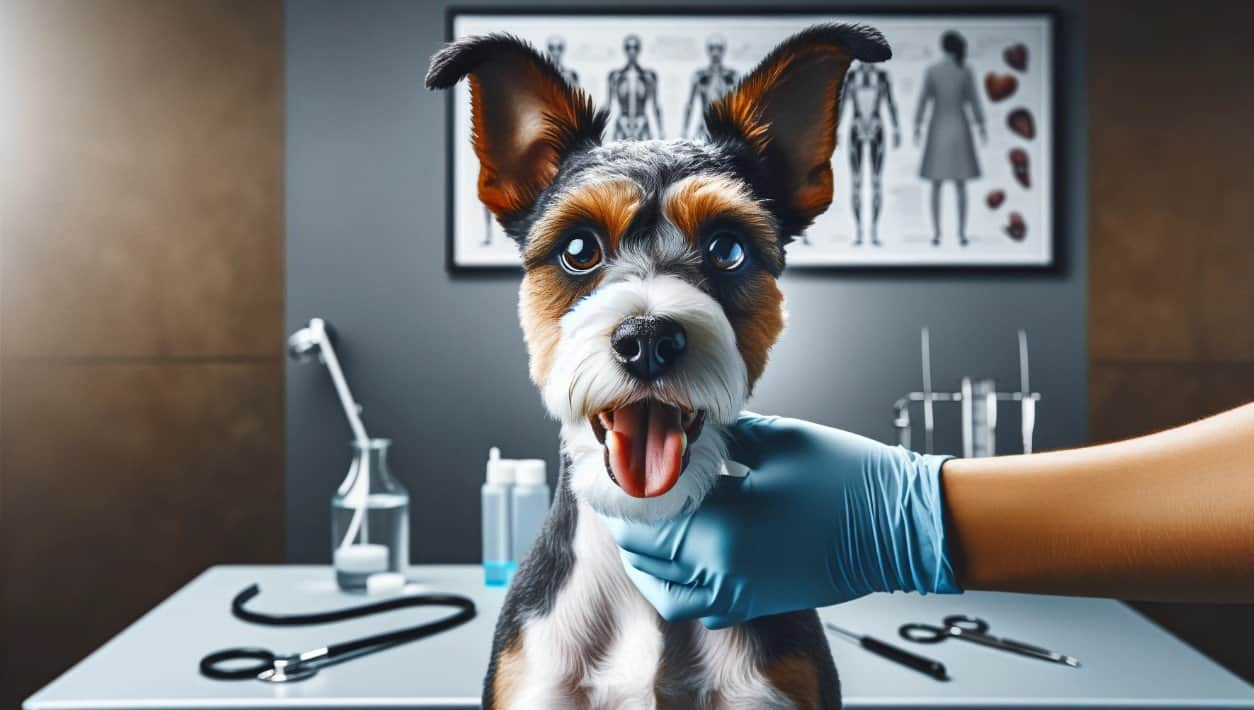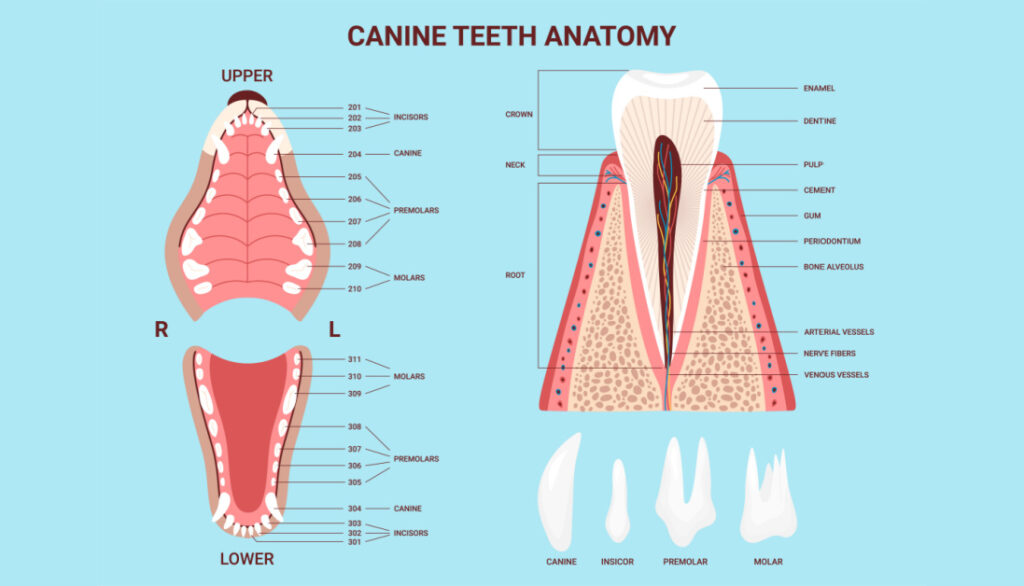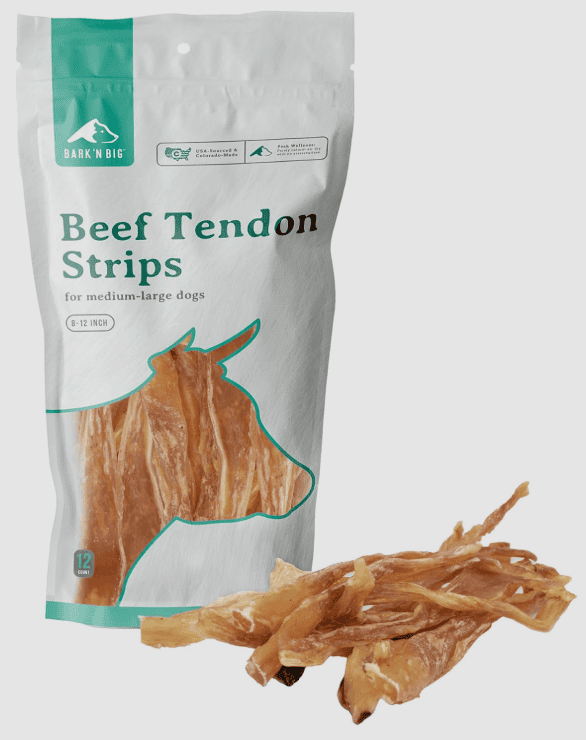Hi there, fellow dog lover! I’m Dr. Candy, your friendly holistic veterinarian. Today, we’re going to talk about a topic that is often overlooked but incredibly important – Brazilian Terrier Dental Health. You see, just like us humans, our furry friends can also suffer from dental issues, and Brazilian Terriers are no exception.
When it comes to our beloved pets, their dental health is just as crucial as their physical health. In fact, dental diseases can lead to serious complications if left untreated, affecting not just their mouth, but their overall health too.
From recognizing the signs of dental disease in your Brazilian Terrier, to understanding common dental health issues they face, and exploring both conventional and holistic treatments – we’re going to cover it all. We’ll even touch on my recommended dental chews and products to help keep those canine teeth pearly white. So, let’s get started on this journey to better oral health for your Brazilian Terrier!

Signs of Dental Disease in Brazilian Terrier
If you’re a proud parent of a Brazilian Terrier, you know how important it is to keep them healthy and happy. But did you know that their dental health is just as crucial as their overall well-being? Poor dental health can lead to serious health complications, including heart and kidney diseases. Let’s delve into the telltale signs of dental disease in your Brazilian Terrier so we can nip any issues in the bud and keep those tails wagging.
Bad Breath: Notoriously known for its unpleasantness, bad breath in dogs, especially Brazilian Terriers, can be a clear sign of dental disease. If your pup’s breath is consistently foul-smelling, it’s time to inspect their mouth for any signs of dental issues.
Loose or Missing Teeth: As Brazilian Terriers age, they may naturally lose some teeth. However, if you notice this happening frequently or at a young age, it could signal a serious dental problem.
Decreased Appetite: If your Brazilian Terrier is refusing to eat or showing a lack of interest in food, this could be due to pain or discomfort caused by dental disease.
Swollen or Red Gums: Healthy gums should be pink and firm. If your pup’s gums are red, swollen, or bleeding, it’s a clear sign of gum disease, which is a common dental issue in Brazilian Terriers.
Excessive Drooling: While some drooling is normal, especially during meal times, excessive or unusual drooling can be a sign of dental disease.
Chewing on One Side: If you notice your Brazilian Terrier favoring one side of their mouth while eating, it could be due to discomfort or pain from dental disease.
Behavior Changes: If your usually cheerful Brazilian Terrier is acting out of character, appearing irritable or lethargic, it could be a sign of discomfort from dental issues.
Remember, early detection of Brazilian Terrier Dental Health issues can prevent more serious health problems down the line. Regular at-home check-ups and annual vet visits can help keep your pup’s pearly whites in top shape. Don’t forget, a healthy mouth equals a happy dog!

Common Dental Health Issues In Brazilian Terrier
As a veterinarian, I’ve noticed that Brazilian Terrier Dental Health is a topic that often gets overlooked. However, it’s crucial to understand that like other breeds, Brazilian Terriers can also suffer from various dental health issues.
One of the most common issues is periodontal disease. This condition begins when bacteria in the mouth form plaque that sticks to the surface of the teeth. If not removed promptly, it can lead to gum inflammation, tooth loss, and even systemic diseases.
Tooth decay is another prevalent problem in Brazilian Terriers. Just like in humans, this occurs when bacteria in the mouth break down sugar, producing acids that can erode the tooth’s enamel.
Brazilian Terriers may also suffer from broken teeth. This typically happens due to chewing on hard objects, rough play, or trauma. Broken teeth can cause significant pain and may lead to infections if not treated.
Lastly, oral tumors can occur, though less commonly. These are abnormal growths in the mouth, which can be benign or malignant. Regular dental check-ups can help detect these issues early.
- Periodontal Disease: Caused by plaque and bacteria, leading to gum inflammation and tooth loss.
- Tooth Decay: Occurs when bacteria break down sugars, producing acids that erode tooth enamel.
- Broken Teeth: Typically due to chewing on hard objects, rough play, or trauma, causing pain and potential infections.
- Oral Tumors: Abnormal growths in the mouth, can be benign or malignant.
Remember, Brazilian Terrier Dental Health is vital for your pet’s overall wellness. Regular dental check-ups and proper oral hygiene can go a long way in preventing these common issues.

When it comes to Brazilian Terrier dental health, conventional treatments are often the first line of defense against dental disease. Let’s delve into what these treatments entail and potential individual health obstacles that may arise.
Anesthetic Dental Cleanings
One of the most common dental treatments for Brazilian Terriers is anesthetic dental cleanings. This is a thorough cleaning method that requires your furry friend to be put under anesthesia. The process includes scaling (removal of dental plaque and tartar) and polishing, which helps to prevent periodontal disease.
While this treatment is highly effective, it is essential to understand that anesthesia, though generally safe, carries some risks. Always have a discussion with your vet about your Brazilian Terrier’s overall health before proceeding with anesthetic dental cleanings.
Potential Individual Health Obstacles
While dental cleanings are essential for maintaining your Brazilian Terrier’s oral health, some health obstacles may affect the suitability of these treatments. For instance:
- Heart Problems: If your Brazilian Terrier has heart disease, anesthesia could pose additional risks. Always consult your vet to determine the safest course of action.
- Drug Sensitivities: Some dogs may have adverse reactions to the medications used in anesthetic dental cleanings. It’s crucial to inform your vet about any known drug sensitivities your dog has.
- Seizures: Dogs with a history of seizures may face increased risks under anesthesia. Your vet may recommend alternative dental cleaning methods if this is the case.
- Extreme Age: Older dogs, or those in poor health, may not be good candidates for anesthetic dental cleanings. Always consider your dog’s overall health and age when deciding on dental treatments.
Remember, every dog is unique. What works for one Brazilian Terrier may not work for another. Always communicate openly with your vet about your dog’s health history and any concerns you have. By doing so, you’re taking a significant step in ensuring the best possible dental health for your Brazilian Terrier.
Let’s delve into a holistic approach to maintain your Brazilian Terrier’s dental health. As a dog parent, it’s vital to understand that oral health goes beyond regular brushing and professional cleanings. A holistic approach to dental health involves a comprehensive plan that includes a balanced diet and the use of oral health-specific probiotics.
Diet: Low Carbs, Avoid Added Sugars, Enzymes in Fresh Food
What your Brazilian Terrier eats plays a significant role in their oral health. A diet rich in carbohydrates and added sugars can lead to plaque buildup and eventually dental issues. Therefore, it’s crucial to feed your pet a low-carb diet.
- Low-carb foods: These include lean meats, fish, vegetables, and fruits. These foods not only keep your pet’s teeth clean but also contribute to their overall health.
- Avoid added sugars: Sugary foods can lead to tooth decay. Avoid giving your pet foods with added sugars.
- Enzymes in fresh food: Fresh foods like raw fruits and vegetables are rich in natural enzymes that can help clean your dog’s teeth and promote oral health. Consider adding fresh apples, carrots, or celery to your pet’s diet.
Oral Health Specific Probiotics
Probiotics are beneficial bacteria that play an essential role in maintaining your pet’s oral health. They help balance the oral microbiome, preventing the overgrowth of harmful bacteria that can lead to dental diseases.
I recommend Probiora for Dogs, an oral health-targeted probiotic. This product is specially formulated to support the oral health of dogs, promoting fresh breath, and helping to maintain healthy teeth and gums. Simply add it to your Brazilian Terrier’s food or water, and it will work to balance the oral microbiome.
Remember, a holistic approach to your Brazilian Terrier’s dental health involves more than just brushing their teeth and routine vet visits. It includes a balanced diet and the use of oral health-specific probiotics. By adopting this approach, you’ll not only be taking care of your pet’s dental health but also contributing to their overall well-being.
Stay tuned for the next section where we’ll discuss recommended dental chews and products for your Brazilian Terrier. We’ll also explore why some commercially promoted dental chews fail to deliver on their promises.
Remember, when it comes to Brazilian Terrier Dental Health, prevention is always better than cure. So, start implementing these holistic strategies today!

Recommended Dental Chews & Products For Brazilian Terrier
As a loving Brazilian Terrier parent, you’ve likely seen a plethora of commercially promoted dental chews in pet stores and online. However, it’s important to understand that not all dental chews are created equal. In fact, many of these widely marketed products are not only ineffective in maintaining your dog’s dental health but can also be detrimental to their overall wellbeing.
Many commercially promoted dental chews are packed with artificial ingredients, preservatives, and even added sugars. These can lead to an array of health issues, including obesity, diabetes, and other systemic diseases. They also do very little to remove plaque and tartar, which are the main causes of dental disease in dogs. Moreover, some dental chews and drinking water additives can harm the beneficial bacteria in your dog’s gut, disrupting their digestive health.
So, what should you give your Brazilian Terrier to ensure their dental health? Here’s where nature comes in. Natural, single-source proteins like tendons, raw marrow bones, and bully sticks are excellent choices for maintaining your dog’s Brazilian Terrier Dental Health.
Tendons
Tendons are a fantastic natural dental chew for your Brazilian Terrier. They are tough and fibrous, providing a thorough, natural clean that can help scrape away plaque and tartar. Plus, they’re a great source of protein and collagen, which can contribute to your dog’s overall health.

Raw Marrow Bones
Raw marrow bones are another excellent option. They are nature’s toothbrush, effectively cleaning your dog’s teeth as they gnaw. The marrow inside the bone is also a nutritious treat for your pet. However, remember to supervise your dog while they’re enjoying a raw bone to prevent any choking hazards.
Bully Sticks
Bully sticks are a favorite among many dogs, including Brazilian Terriers. They’re long-lasting, high in protein, and effectively clean your dog’s teeth as they chew. Just make sure to choose bully sticks that are free from artificial additives and preservatives to ensure they’re a healthy choice for your pup.

By choosing natural, single-source proteins as dental chews, you’re not only taking care of your Brazilian Terrier’s dental health, but you’re also contributing to their overall wellbeing. Remember, a healthy mouth is a crucial part of a healthy dog.
Frequently Asked Questions
1. How can I prevent bad breath in my Brazilian Terrier?
Regular brushing of your Brazilian Terrier’s teeth with a dog-specific toothbrush and toothpaste can help prevent bad breath. Additionally, providing dental chews or toys designed to promote dental health can also be beneficial.
2. What are some signs of dental problems in Brazilian Terriers?
Signs of dental problems in Brazilian Terriers may include bad breath, swollen or bleeding gums, yellowish or brownish teeth, difficulty eating, pawing at the mouth, or a decrease in appetite. If you notice any of these signs, it is important to consult a veterinarian.
3. Are there any specific dental treats recommended for Brazilian Terriers?
There are various dental treats available in the market that can help improve your Brazilian Terrier’s dental health. Look for treats that are specifically designed to reduce plaque and tartar buildup, promote fresh breath, and are suitable for your dog’s size and chewing habits.
4. How often should I take my Brazilian Terrier for professional dental cleanings?
It is generally recommended to take your Brazilian Terrier for professional dental cleanings at least once a year. However, the frequency may vary depending on your dog’s individual dental health needs. Consult with your veterinarian to determine the appropriate schedule for your pet.
5. Can certain foods contribute to bad breath in Brazilian Terriers?
Yes, certain foods can contribute to bad breath in Brazilian Terriers. Avoid feeding your dog with foods that are known to cause bad breath, such as garlic, onions, and some dairy products. Opt for high-quality dog food that promotes good oral health.
